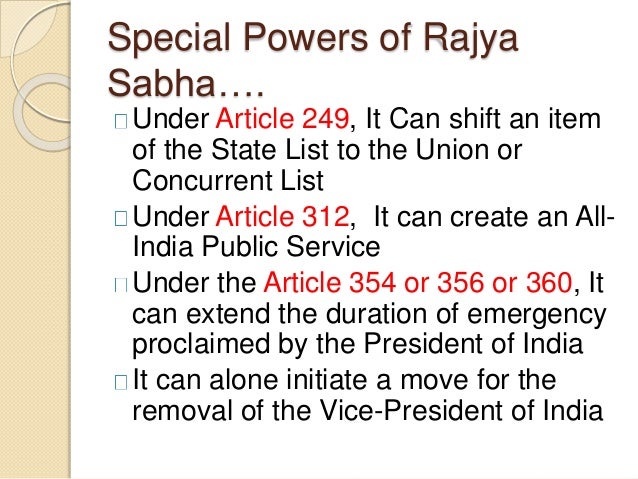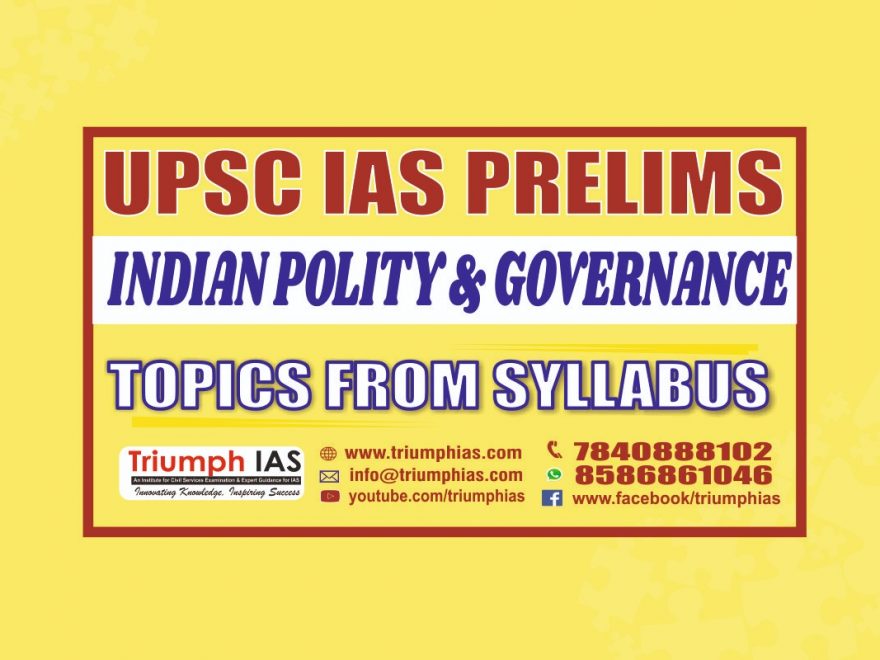►LOK SABHA
- Composition: representatives of the people chosen by direct election on the basis of the adult suffrage.
- The maximum strength of the House envisaged by the Constitution is 552, which is made up by election of upto 530 members to represent the States.
- Upto 20 members to represent the Union Territories and not more than two members of the Anglo-Indian Community to be nominated by the Hon’ble President, if in his/her opinion, that community is not adequately represented in the House.
- The total elective membership is distributed among the States in such a way that the ratio between the number of seats allotted to each State and the population of the State is, so far as practicable, the same for all States.
- Lok Sabha shall continue for a period of five years unless dissolved earlier. However, if proclamation of emergency is in operation, the duration of Parliament may be extended to not more than one year at a time and will not extend beyond six months after the proclamation has ceased to operate.

►RAJYA SABHA
- The origin can be traced to Montague-Chelmsford Report of 1918.
- The Government of India Act, 1919 provided for the creation of a ‘Council of State’ as a second chamber of the then legislature with a restricted franchise which actually came into existence in 1921.
- Article 80 of the Constitution lays down the maximum strength of Rajya Sabha as 250, out of which 12 members are nominated by the President and 238 are representatives of the States and of the two Union Territories of Delhi and Puducherry having state legislative assembly.
- The members nominated by the President are persons having special knowledge or practical experience in respect of such matters as literature, science, art and social service.
The Fourth Schedule to the Constitution provides for allocation of seats to the States and Union Territories in Rajya Sabha.
- The allocation of seats is made on the basis of the population of each State.
- The representatives of the States and of the Union Territories in the Rajya Sabha are elected by the method of indirect election.
- The representatives of each State and two Union territories are elected by the elected members of the Legislative Assembly of that State and by the members of the Electoral College for that Union Territory, in accordance with the system of proportional representation by means of the single transferable vote.
- The Electoral College for the National Capital Territory of Delhi consists of the elected members of the Legislative Assembly of Delhi, and that for Puducherry consists of the elected members of the Puducherry Legislative Assembly.
- The Council of States shall not be subject to dissolution, but as nearly as possible one-third of the members thereof shall retire as soon as may be on the expiration of every second year.

QUALIFICATION FOR L.S.
- is a citizen of India; not less than 25 years of age
QUALIFICATION FOR R.S.
- is a citizen of India; not less than 30 years of age and makes
- and subscribes before some person authorised in that behalf
- by the Election Commission an oath or affirmation according
- to the form set out for the purpose in the Third Schedule
DISQUALIFICATIONS
- A person shall be disqualified for being chosen as, and for
- being, a member of either House of Parliament if:
- if he holds any office of profit under the Government of
- India or the Government of any State, other than an office declared by Parliament by law
- if he is of unsound mind and stands so declared by a competent court
- if he is an undischarged insolvent
- if he is not a citizen of India, or has voluntarily acquired the citizenship of a foreign State, or is under any acknowledgement of allegiance or adherence to a foreign State
- If he is so disqualified by or under any law made by Parliament.
- If he is disqualified under Tenth Schedule.
As per the Tenth Schedule, a member may be disqualified
- if he voluntarily gives up the membership of his political party; or
- if he votes or abstains from voting in the House contrary to any direction issued by the political party to which he belongs, unless such voting or abstention has been condoned by the political party within fifteen days.
- A member elected as an independent candidate shall be disqualified if he joins any political party after his election.
For more such notes, Articles, News & Views Join our Telegram Channel.
Click the link below to see the details about the UPSC –Civils courses offered by Triumph IAS. https://triumphias.com/pages-all-courses.php

